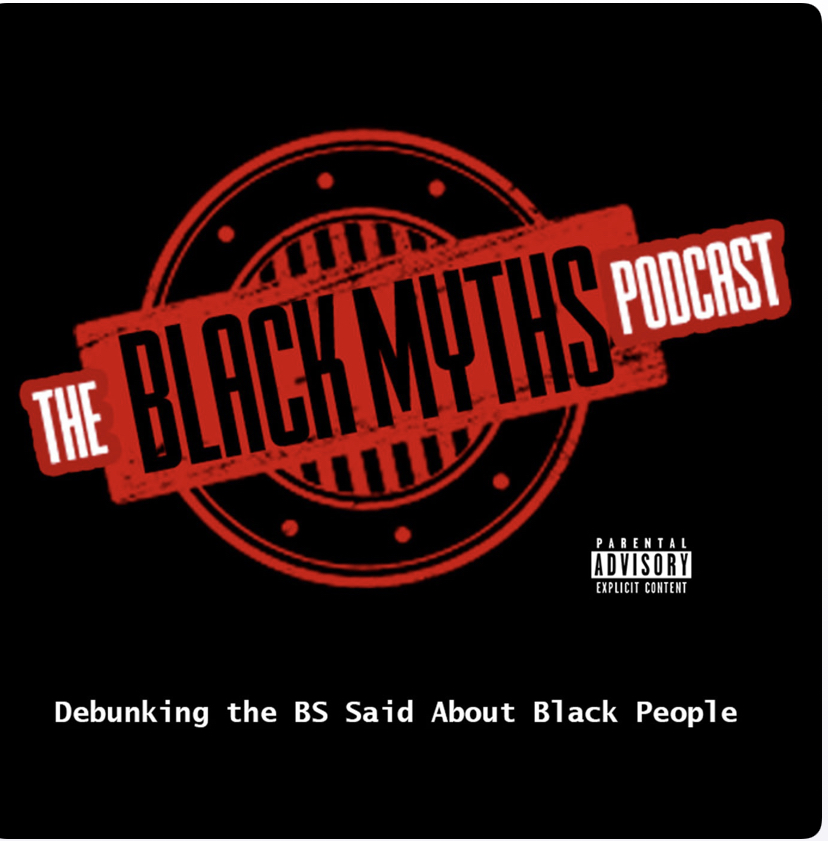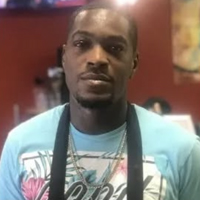We dive into a critical examination of the 3rd Ku Klux Klan. This episode challenges the notion that the Klan was simply a product of its time to be understood as a bad group of individuals representing white supremacy, as opposed to a strain of white supremacy many people opposed.
We return with Rasul Mowatt review the history of the KKK's decline in the 1940s and 50s to its resurgence through multiple chapters during the Civil Rights Movement. Discover the tactics, motivations, and ultimate failures of the Klan in preventing the formal end of Jim Crow. We'll also delve into the Greensboro massacre and its precursors, examining the characters involved and the tragic events of November 3rd, 1979, and the accountability (or lack thereof) that followed. Finally, we explore how even within white supremacist circles, there was pushback against their extreme methods, ultimately paving the way for a new, darker white power movement.
00:07:47 - Klan in the Wilderness
00:41:08 - White Interest Groups
01:04:16 - Violence Escalates
01:28:11 - Why the KKK Failed
01:42:13 - Greensboro Massacre
02:13:41 - Last Thoughts
Some Sources:
Klansman's Manual (1925)
https://history.hanover.edu/courses/excerpts/336KKKmanual.html
Hooded Americanism
https://www.dukeupress.edu/hooded-americanism
Klansville, U.S.A.: The Rise and Fall of the Civil Rights-Era Ku Klux Klan
https://www.amazon.com/Klansville-U-S-Civil-Rights-Era/dp/0199752028
Patreon
https://www.patreon.com/c/blackmythsth






